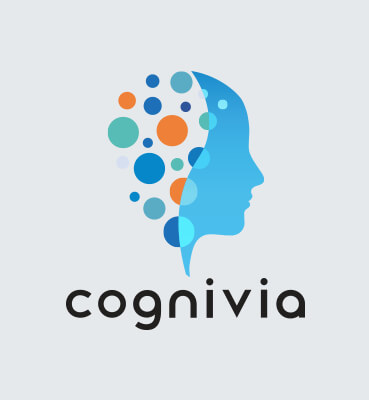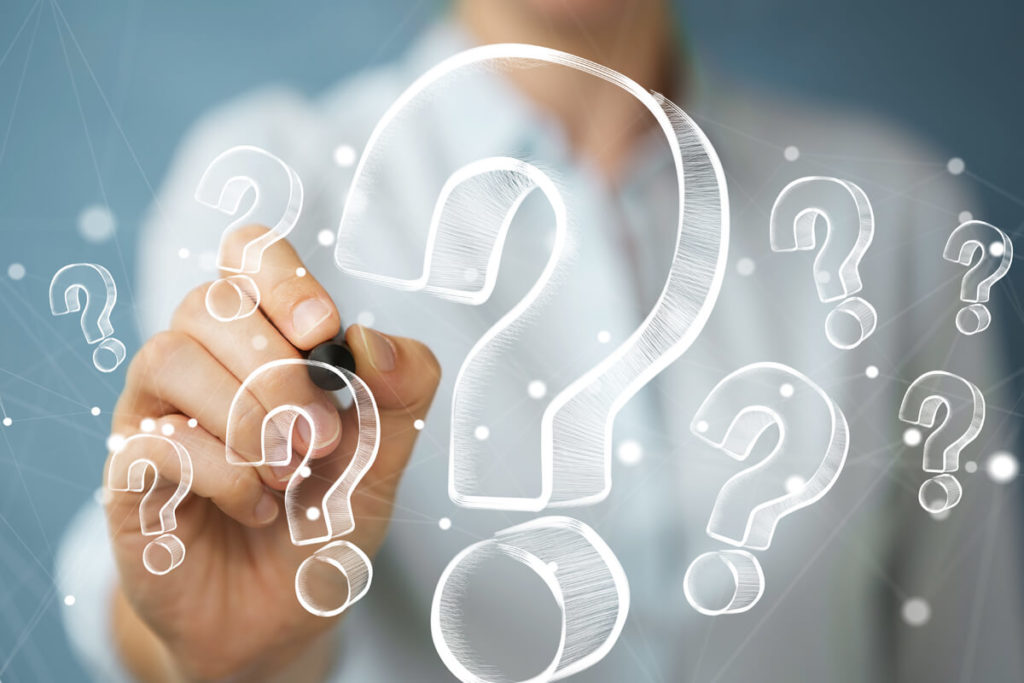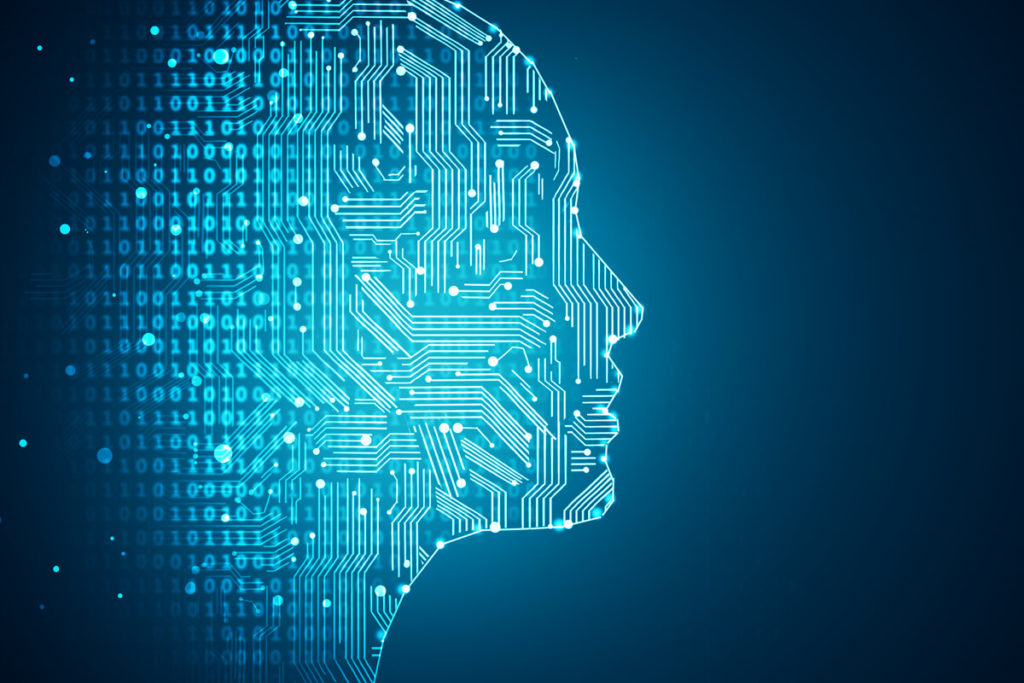The placebo effect is a real, psychobiological phenomenon in which patients experience clinical benefit from placebo treatments. A large body of research demonstrates the connection between the placebo response and expectation[1],[2] and personality traits[3],[4]. Beyond this, several studies have shown that the placebo response has a truly biological basis, as evidenced by stimulation of the dopaminergic and opioid pathways[5],[6],[7],[8] after administration of placebo.
While evidence of the biological and psychological basis of the placebo response is compelling, factors in the patient’s environment may also profoundly impact the placebo response yet have been less rigorously studied. In one dental pain study, the physician’s expectation of the proportion of patients receiving placebo impacted the patient’s reduction in pain after treatment[9]. Despite the paucity of research in this area, most scientists who conduct clinical trials can attest to the often dramatic variations in clinical data between clinical trial sites. This may depend on factors including physician empathy, staff beliefs and even clinical site surroundings.
A recent study published in Nature Human Behavior developed a methodology to understand and assess the role of physician expectation on the placebo response[10]. In this experiment, subjects were recruited to play the role of doctor or patient. Doctors underwent a conditioning period during which they were manipulated to believe a placebo cream “Thermedol” was effective at reducing pain resulting from a thermal stimulus. These subjects acting as doctors went on to administer this treatment to patients receiving the painful thermal stimulus in a single-blinded fashion. Results demonstrated that patients experienced a significant reduction in pain when receiving Thermedol (placebo) as the conditioned doctors along with a substantial increase in belief of the agent’s efficacy. Furthermore, facial expressions of pain in both doctor and patient were reduced when patients received Thermedol vs. control, suggesting that doctors may transmit their beliefs to patients through subtle behavioral cues. Lastly, patients indicated that they found the doctors to be more empathetic when receiving Thermedol than control treatment.
These data add another dimension in further characterizing the placebo effect as also a sociological phenomenon. Based on these results, a patient’s likelihood of exhibiting a placebo response not only relates to their individual psychology and biology, but also social interactions and subtle contextual cues. Research performed by Tools4Patient using the Placebell©™ tool suggests that patient demographic, medical history and personality traits can explain about 30% of data variability related to the placebo response, suggesting that additional factors must be considered to fully understand such a complex and multi-dimensional phenomenon.
[1] De Pascalis V, Chiaradia C, Carotenuto E. The contribution of suggestibility and expectation to placebo analgesia phenomenon in an experimental setting. Pain. 2002; 96(3): 393-402.
[2] Pollo A, Amanzio M, Arslanian A, et al. Response expectancies in placebo analgesia and their clinical relevance. Pain. 2001; 93(1): 77-84.
[3] Peciña M, Azhar H, Love TM, et al. Personality trait predictors of placebo analgesia and neurobiological correlates. Neuropsychopharmacology. 2013; 38(4):639–646.
[4] Geers AL, Helfer SG, Kosab K, et al. Reconsidering the role of personality in placebo effects: Dispositional optimism, sutiational expectations and the placebo response. J Psychosomatic Res. 2005; 58(2): 121-127.
[5] Scott DJ, Stohler CS, Egnatuk CM, Wang H, Koeppe RA, Zubieta J. Placebo and Nocebo Effects Are Defined by Opposite Opioid and Dopaminergic Responses. Arch Gen Psychiatry. 2008;65(2):220–231.
[6] J.K. Zubieta, J.A. Bueller, L.R. Jackson, D.J. Scott, Y. Xu, R.A. Koeppe, et al.Placebo effects mediated by endogenous opioid activity on mu-opioid receptors. J Neurosci. 2005; 25: 7754-7762.
[7] T.D. Wager, D.J. Scott, J.K. Zubieta. Placebo effects on human mu-opioid activity during pain. Proc Natl Acad Sci USA. 2007; 104: 11056-11061.
[8] F. Eippert, U. Bingel, E.D. Schoell, J. Yacubian, R. Klinger, J. Lorenz, et al. Activation of the opioidergic descending pain control system underlies placebo analgesia. Neuron. 2009; 63: 533-543.
[9] R.H. Gracely, R. Dubner, W.R. Deeter, P.J. Wolskee. Clinicians’ expectations influence placebo analgesia. Lancet. 1985; 1: 43.
[10] Chen PA, Cheong J, Jolly E, et al. Socially transmitted placebo effects. Nature Human Behaviour. Published online 21 October 2019.





